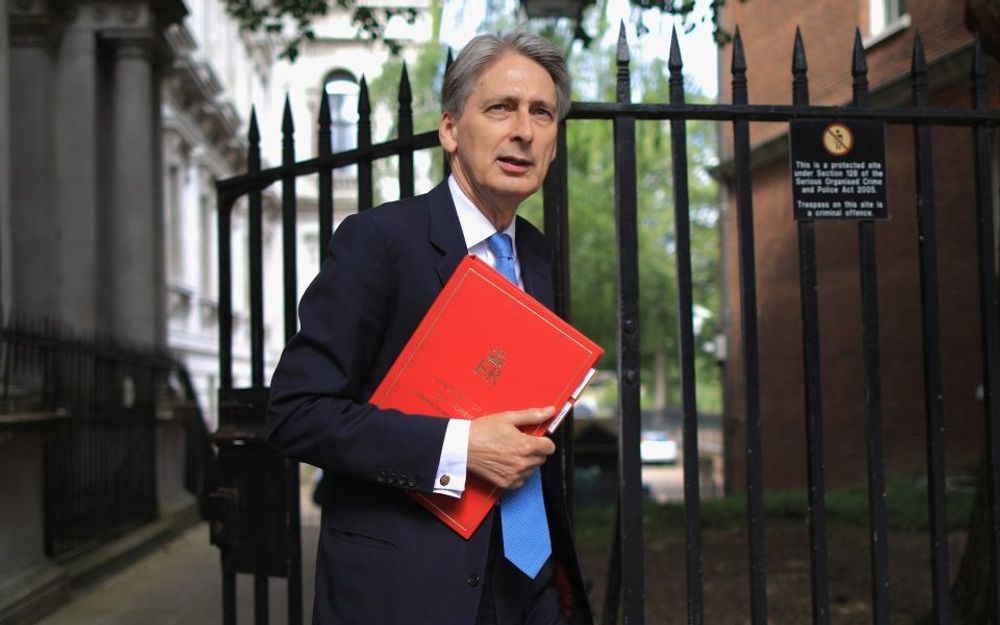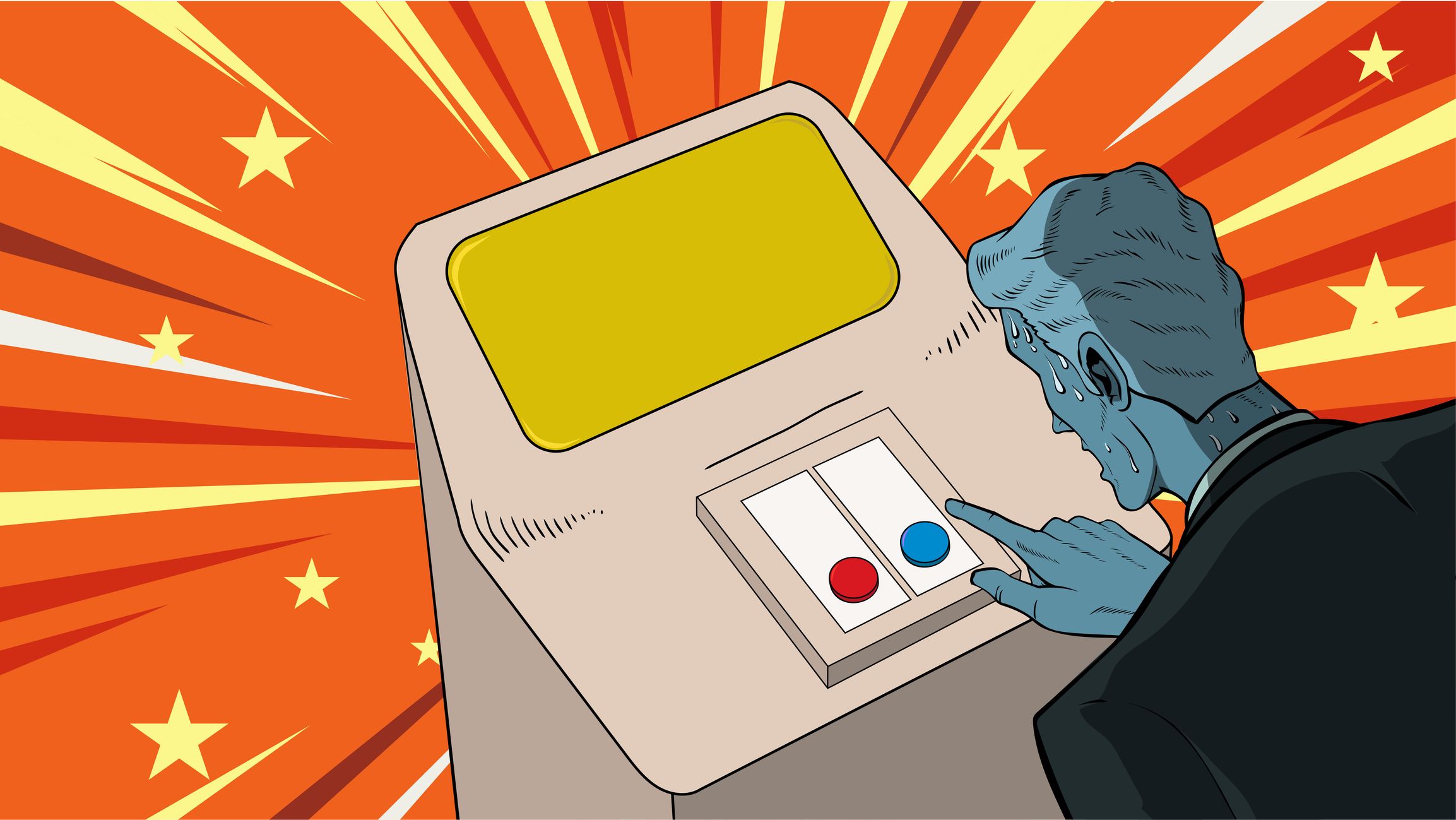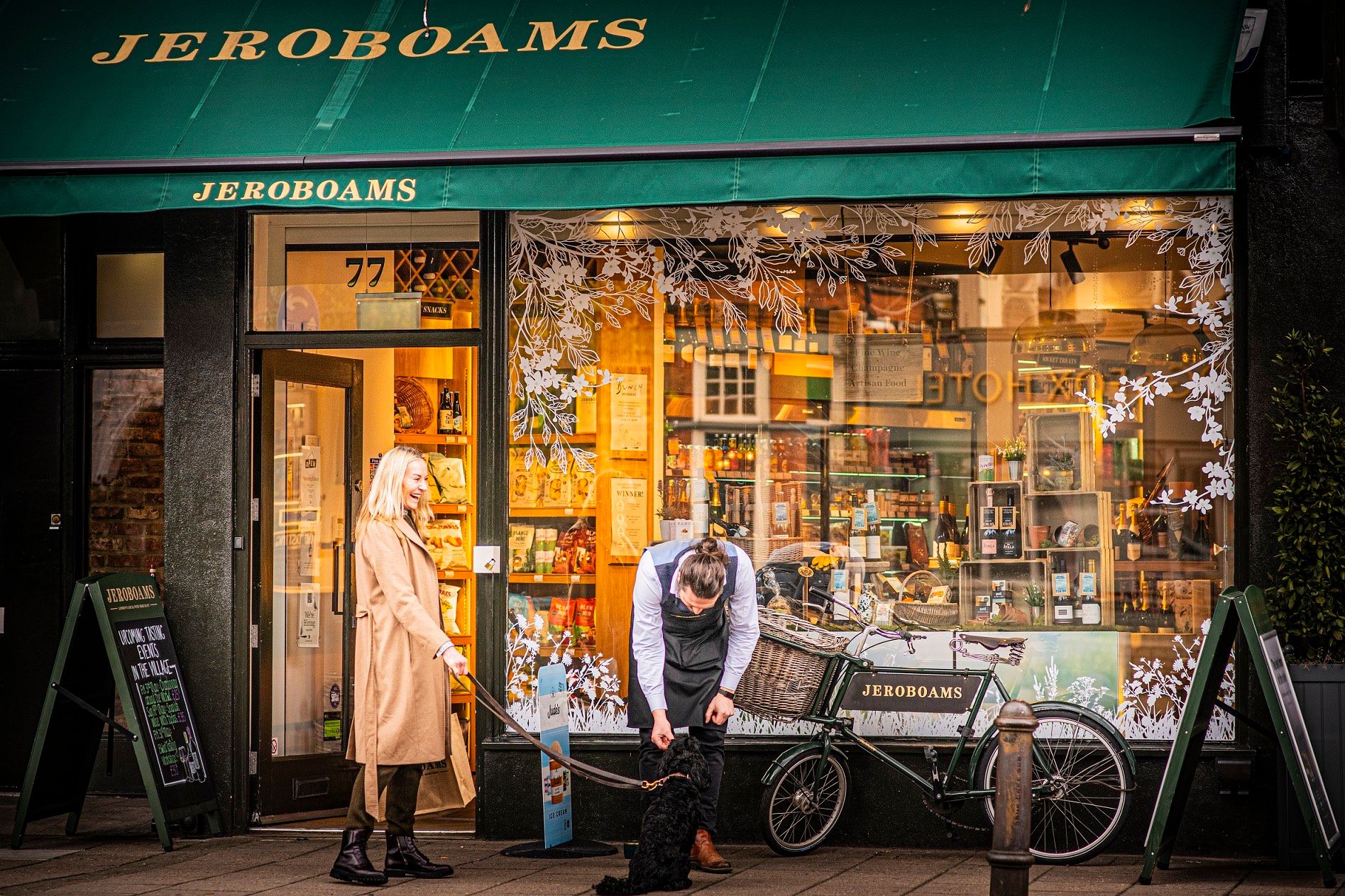The new Chancellor may not have listened to the industry’s arguments this year, but that does not mean we should be throwing in the towel on duty rises.

Miles Beale: the industry needs to keep making the right arguments to MPs and the Treasury
What was surprising about the result of the Budget this year was that it that it did not contain any surprises. All duty, including wine and spirits, was raised in line with inflation, which was exactly what the government had prepared us for all along. But the nature of it was unexpected. It was the first time in 25 years that alcohol duty had been raised in line with inflation.
All products from all parts of our industry received the same treatment, which has not been the case in recent years. Every other year since 1992 there has been tinkering to the rate for one product or another, particularly over the last four years of the Osborne era, which followed the years of painful above inflation rises due to the 2008-2013 escalator.
But the biggest surprise was the increase in RPI inflation (forecast by the Office for Budget Responsibility), which ballooned from 1.66% at the 2016 Budget, and is expected to rise to 3.9% later this year. This is far higher than was anticipated even in November when it was estimated to be around 3.2% and has meant a bottle of wine will now increase by around 8p and a 70cl bottle of 40% spirits by 30p – even more if you include the additional VAT this brings. The unique way the government forecasts RPI inflation – by estimating the September 2017 rate – means that this is not known until Budget day and the sharp increase came as a shock to many.
More to come

The Chancellor has made it clear that inflationary rises on beers, wines and spirits are in his forecasting plans for the next four years.
What is more, this is not the end of planned rises. The government’s policy is to continue to inflict inflationary rises on all alcoholic drinks – so watch out for the Chancellor’s sleight of tongue (“no changes to previously planned uprating’s of [duty] on alcohol…”).And the government has built inflationary rises into its forecasts, meaning that wine and spirits duty is expected to go up by more than 3% for each of the next four years.
This will – in theory – increase wine duty receipts by one fifth, from £4 billion a year now to nearly £5 bn in 2021/22, and spirits duty by half a billion to £4 bn. The irony of rising inflation is that for the government to change from an inflationary rise to a freeze or cut costs – or appears to cost – it more and more. For example, freezing all duty yesterday would have taken £340m out of their forecasts this year, the same move last year would only have been £141m.
Some in the trade had suggest the WSTA should care less about inflationary duty rises at Budgets, and that these would be “small beer”, but the response from my members to Mr Hammond’s announcement suggests otherwise. The £340m of new duty liabilities, the majority of which will fall on wine and spirits businesses, will hit them hard, particularly considering the impact of Brexit and rising inflation that the industry has had to deal with. So the sheer size of this cost suggests otherwise too. And with the prospect of a second Budget around November, when duty rates could increase further, I would suggest we should all care a bit more…
In it together
Fortunately for the WSTA the overwhelming majority of the wine trade was actively behind our campaign with significant numbers of our members – and others – engaging with their local MP over the unfair and excessive amount of wine and spirit duty, many of them for the first time. We would like to thank each and every business that took the time to do this, and to reassure them that it was not in vein.
It’s vital to play the long game, to build MPs’ knowledge and to encourage government support for what is a responsible, under-valued and – for the moment – world leading British industry. So, far from being a time to stop our efforts in raising the profile of the wine and spirit industry, this is a moment to redouble them.






































